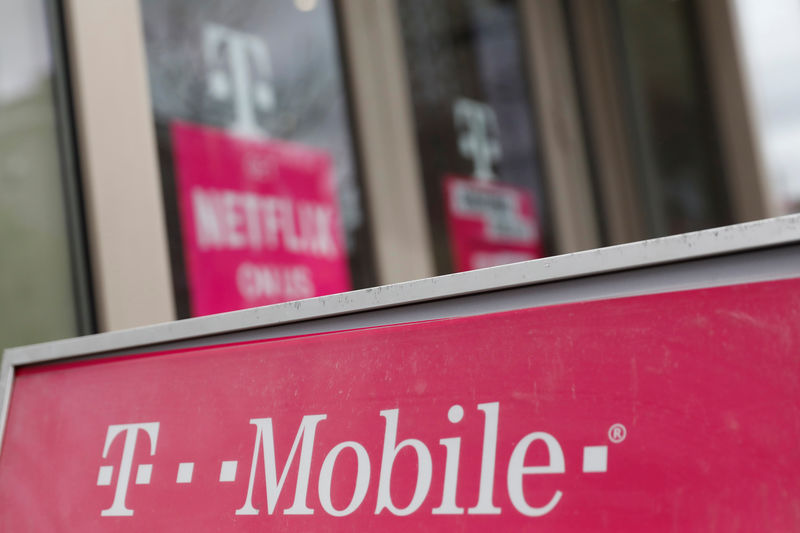Tyson Foods to close major Nebraska beef plant amid cattle shortage - WSJ
Investing.com -- The German telecoms market is in a state of transition, shaped by stable mobile pricing, a saturated broadband segment, and steady migration toward IPTV, according to new coverage from Kepler Cheuvreux, dated Wednesday.
Despite promotional campaigns in early 2025, competition has not escalated, though operators still face pressure on revenue per user.
“The German telecoms market is in flux, shaped by shifts in mobile, a new no-growth outlook in broadband, and steady migration towards IPTV,” the brokeage said.
Deutsche Telekom was reaffirmed as one of Kepler’s sector most preferred stocks, with a “buy” rating and a trimmed target price of €35 from €37.
Shares closed at €29.01, implying potential upside of about 20.6%. “We expect a catch-up driven by a return to high-single-digit EPS growth in 2026, strong cash generation, and a steep discount for its European assets,” the analysts said.
United Internet was initiated with a “buy” rating and a €31 target price, compared with a last price of €26.34, offering 17.7% potential upside.
Kepler said it preferred the holding company structure over individual parts, noting that sentiment around its portfolio was still too closely tied to 1&1.
The brokerage set “hold” ratings on 1&1 at €21 (last price €20.10) and IONOS at €42.50 (last price €39.75).
Freenet was also initiated with a “hold” rating and a €28.50 target, modestly above its €27.22 price.
Competition in mobile remains present but not worsening. Postpaid contracts, which account for about 90% of industry revenue, continued to grow at around 2% in 2025, supported by family bundles and upgrades from prepaid.
Deutsche Telekom led net additions with about 250,000 in the second quarter, adjusted for the loss of one B2B contract, while Telefónica Deutschland used aggressive promotions to maintain momentum.
Vodafone lagged, with soft results shifting its growth outlook to 2026. The report noted that 1&1’s migration to its own network was creating churn, though promotions such as “Unlimited” bundles helped maintain a stable customer base.
Revenue per user trends remain under strain, with all operators reporting negative growth in the first half of 2025.
The note described the environment as “rational,” but cautioned that “ARPU pressure is unlikely to ease, forcing Telefónica Deutschland and Vodafone to find answers in the midst of an unsatisfied status quo while continuing to push for net adds”.
Broadband is showing no growth as household penetration approaches 95%. Fibre is gaining share, while DSL and cable contracts are falling.
Deutsche Telekom, with about 40% of direct market share and a leading copper-based network, is facing slower additions but is expected to stabilise with further fibre rollout.
Vodafone holds about 27% of the market through its cable assets, while 1&1 and Telefónica O2 depend largely on wholesale access.
IPTV is expanding as landlords can no longer pass cable fees to tenants under the Nebenkostenprivileg reform.
Deutsche Telekom and Freenet’s waipu.tv are the two largest providers, with both adding subscribers in 2024 and early 2025.
